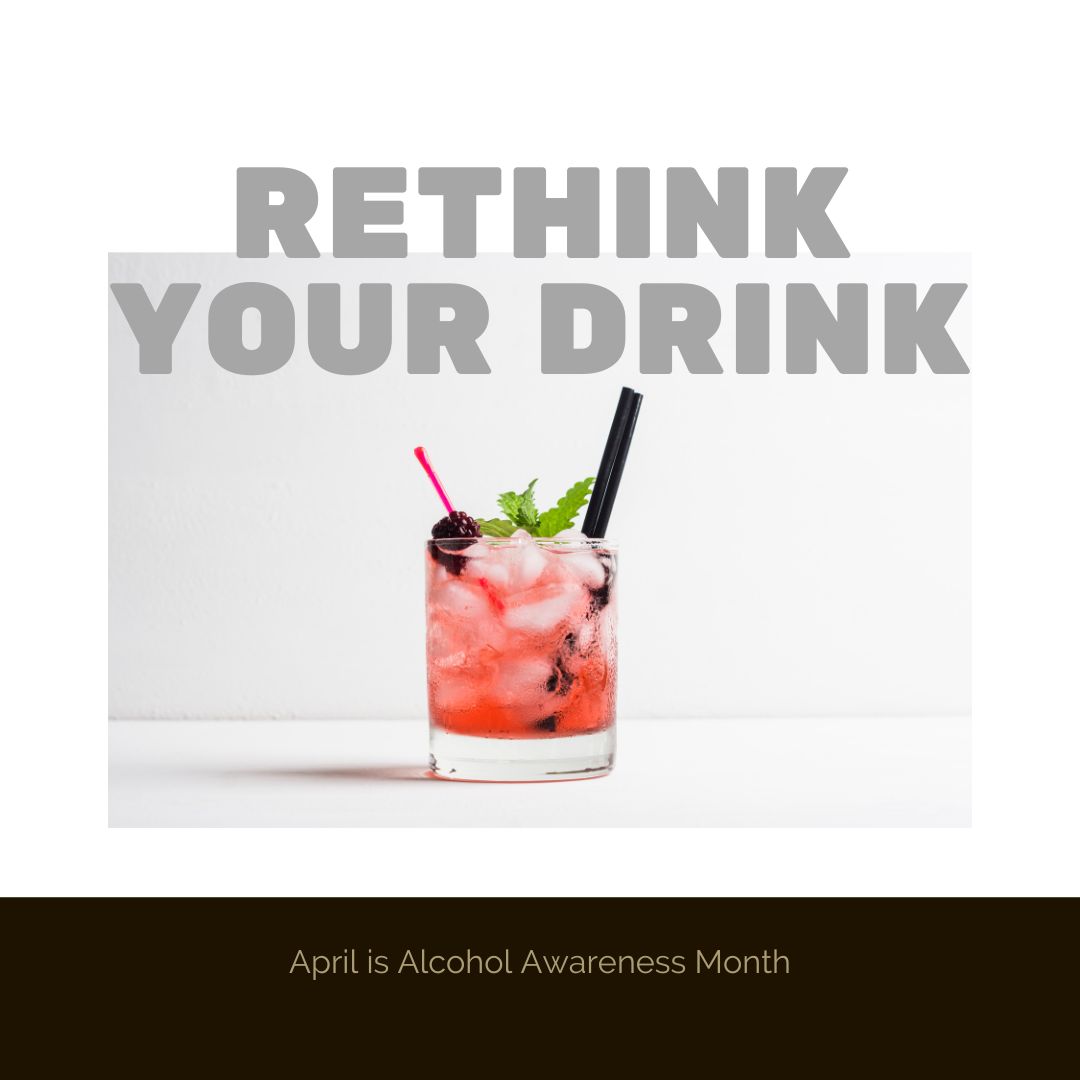
Today we are talking about alcohol… ever-present and maybe a not so known harmful toxin!
With the popularity of “detoxes” and a myriad of weight loss diets in wellness circles, getting mindful about alcohol may be one of the most powerful things you can do to actually “detox” your body and maintain a healthy weight.
Alcohol is a major part of American life and is culturally accepted throughout most of the world.
Most social events revolve around alcohol and it’s hard to go to any event where it’s not a major feature of the fun to be had! There is quite a bit of pressure to partake and it can be hard to decline…
Not only is it part of social life, but even at home and often there might be daily use. For many people, alcohol serves as a way to help them relax and “unwind” after a hard day.
People with mood disorders like depression and anxiety are particularly vulnerable to the transient feeling that alcohol can provide. In “Mom culture”, drinking of wine is glorified and is a common drink at social gatherings.
Because it is so commonly present in day to day life, you may not realize the impact alcohol could be having on your health.
I want to highlight some of these risks that are hidden in plain sight so you can make a more informed decision about the amount and frequency of the alcohol intake you CHOOSE.

What is a serving?
Often, servings may be underestimated so it is helpful to know what amount a “serving” actually is:
According the National Institute on Alcohol Abuse and Alcoholism, a standard alcoholic drink contains 14 g of pure alcohol and correlates to:
- 12 oz of beer
- 8-10 oz of malt liquor
- 5 oz of wine
- 1.5 oz or a “shot” of 80-proof liquor
Here are some impacts of alcohol on the body you may not know about…
Your Brain
Brain functions like cognition, coordination and even mood are impacted by alcohol consumption, both acutely and long term. Brain-Derived Neurotropic Factor (BDNF) is a vital protein involved in neuron development and cell survival in our brains. Alcohol use significantly lowers BDNF levels according to a meta-analysis of 25 studies done in Oct 2023.
Also, alcohol causes an imbalance in the gut microbiome, which can lead to in imbalance in neurotransmitters that affect mood and brain function. In the moment of alcohol intoxication, people have lowered inhibitions when it comes to food choices and often reach for larger portions of fried or ultra-processed foods… this pattern can interfere with weight loss efforts and lead to weight gain and other metabolic disease.
Last, alcohol disrupts sleep by interfering with deep sleep cycles, which can be a major issue for many people suffering from insomnia who may be drinking to fall asleep and then having night time awakening!
With lack of sleep come increased appetite and cravings for high fat, high carbohydrate foods which can make following a healthful eating pattern difficult.

Your Heart
Drinking alcohol over time can lead to weakening of the heart muscle, called cardiomyopathy and can contribute to developing high blood pressure and increased risk of strokes.
From single time overuse or over time, it can also increase the risk for arrhythmias like atrial fibrillation. According to a 2017 systematic review, high and moderate use of alcohol were both associated with an increased risk of atrial fibrillation although up to 1 drink was not associated with development of the arrhythmia.
Your Liver
Non-alcoholic fatty liver disease is the most common liver disease worldwide and the leading cause of liver related death. Prevalence rates are estimated to be 32% of the world’s population and are increasing! Adding alcohol into the picture can be even more dangerous…
Obesity and metabolic disease, specifically the increase in liver fat associated with these conditions, plays a role in non-alcoholic fatty liver and can lead to fibrosis and liver failure.
Given that alcohol use itself leads to fatty liver and liver damage, it is quite important for many people who may not even be aware they HAVE fatty liver to avoid or minimize alcohol use.
People with overweight and obesity, prediabetes, high cholesterol (triglycerides) and abdominal obesity are at high risk for developing fatty liver disease, also called metabolic dysfunction-associated liver disease (MASLD).
These people are at an increased risk when also using alcohol due to reduced activity of the alcohol dehydrogenase enzyme, increasing the toxin effects of alcohol.
Weight loss, especially losing visceral fat, can help lower liver fat and help improve these metabolic health conditions.
Your Cancer Risk
According to the National Toxicology Program of the US Dept of Health and Human Services, alcohol is a known human carcinogen. Did you know that?
The evidence indicates the more alcohol a person drinks over time, the higher the risk of alcohol-related cancers. A modest increase in risk is also seen in those who have one drink a day and in binge weekend drinkers (> 4 for women and > 5 drinks for men).
Which cancers have a higher risk related to alcohol consumption?
- Head and neck cancers
- Esophageal cancer
- Liver cancer
- Breast cancer: A meta-analysis of cohort studies in the journal Cancer Research and Treatment from 2018 showed even light alcohol use led to an increased risk of breast cancer in women. Many women likely do not know this!
** Light use was classified as less than or equal to 1 drink/day- 355 mL glass of beer, 1 glass of wine or single shot of hard liquor and moderate use 1-2 drinks/day. Heavier alcohol use further increased the risk of breast and other cancers.
- Colorectal cancer
Taking Action to Cut Down
I know it can be a challenge to cut down on drinking alcohol when it is so commonly present in day to day life, especially in the face of pressure from family and friends to “join in”. I have been there too… We all deserve to celebrate, make memories and enjoy life! We get to decide how much, how often and if any alternatives serve us in the moment.

Keeping in mind WHY you want to cut down is important!
You can cut down gradually by reducing the amount and frequency… working to find non-alcohol alternatives that you can enjoy (there are SO on the market these days to make fun and interesting "mocktails" with!)... while still taking part in social life, and by practicing alternative ways to manage stress.
Being mindful and intentional of your day to day decisions has the power to increase or decrease your risk for chronic disease… your brain and body will thank you for it!
Take action to live your best life…
In health,
Richa Mittal MD
Citations:
Shafiee A, Jafarabady K, Rafiei MA, Beiky M, Seighali N, Golpayegani G, Jalali M, Soltani Abhari F, Arabzadeh Bahri R, Safari O, Bakhtiyari M, Alirezaei A. Effect of alcohol on Brain-Derived Neurotrophic Factor (BDNF) blood levels: a systematic review and meta-analysis. Sci Rep. 2023 Oct 16;13(1):17554. doi: 10.1038/s41598-023-44798-w. PMID: 37845289; PMCID: PMC10579393.
Qamar N, Castano D, Patt C, Chu T, Cottrell J, Chang SL. Meta-analysis of alcohol induced gut dysbiosis and the resulting behavioral impact. Behav Brain Res. 2019 Dec 30;376:112196. doi: 10.1016/j.bbr.2019.112196. Epub 2019 Aug 30. PMID: 31476330.
Gallagher C, Hendriks JML, Elliott AD, Wong CX, Rangnekar G, Middeldorp ME, Mahajan R, Lau DH, Sanders P. Alcohol and incident atrial fibrillation - A systematic review and meta-analysis. Int J Cardiol. 2017 Nov 1;246:46-52. doi: 10.1016/j.ijcard.2017.05.133. PMID: 28867013.
Riazi K, Azhari H, Charette JH, Underwood FE, King JA, Afshar EE, Swain MG, Congly SE, Kaplan GG, Shaheen AA. The prevalence and incidence of NAFLD worldwide: a systematic review and meta-analysis. Lancet Gastroenterol Hepatol. 2022 Sep;7(9):851-861. doi: 10.1016/S2468-1253(22)00165-0. Epub 2022 Jul 5. PMID: 35798021.
National Cancer Institute: https://www.cancer.gov/about-cancer/causes-prevention/risk/alcohol/alcohol-fact-sheet
